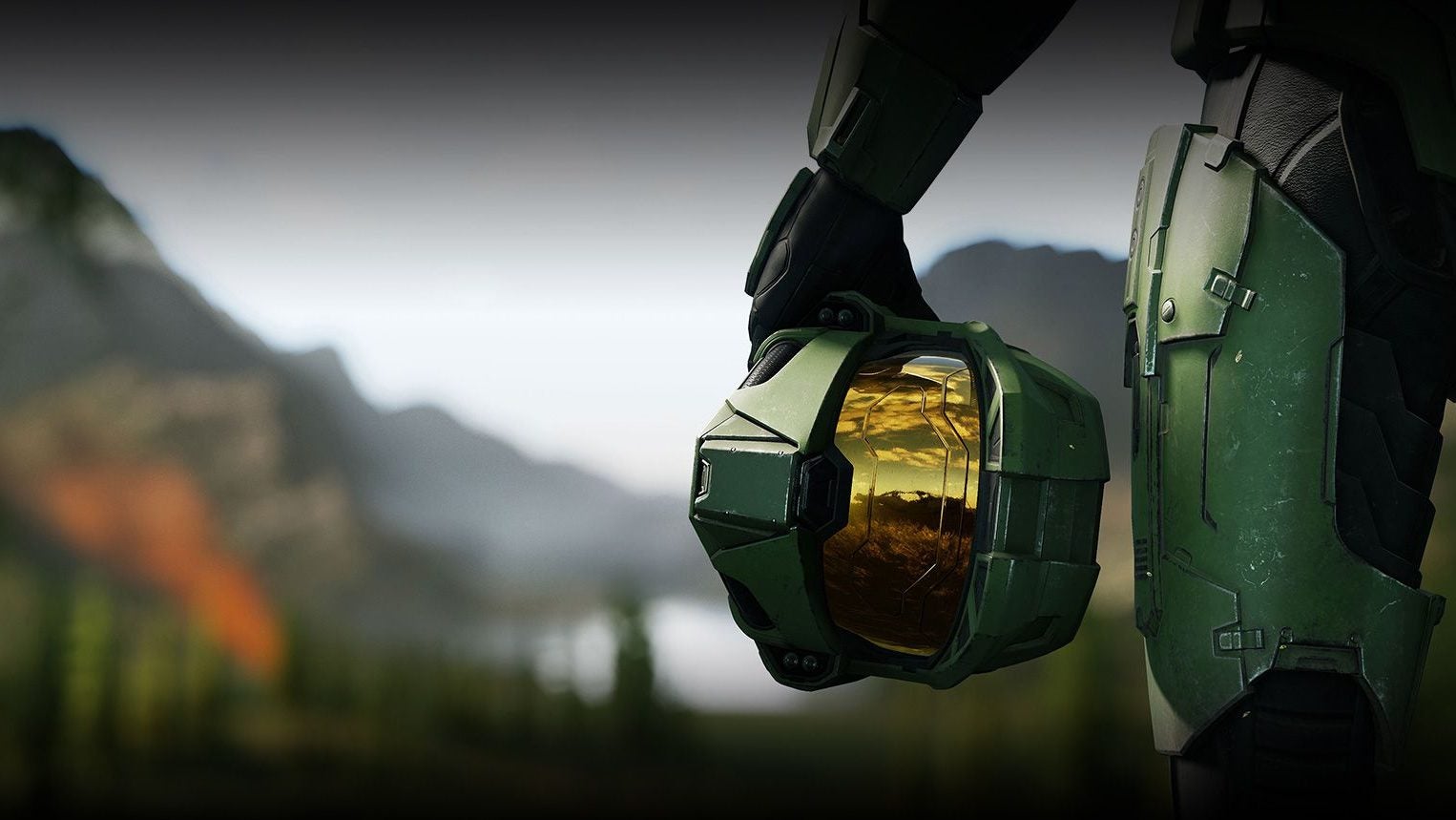The “Halo” TV series is cursed
Saying that the Hollywood adaptation of the Halo video game series has been stuck in “development hell” is a vast understatement. It is a hell even more hellish than actual hell—an unending rash of mishaps and disappointments, false starts and near-successes. It is a hell that periodically gives you hope of escape, only for that hope to be snatched from your weakened hands every time.


Saying that the Hollywood adaptation of the Halo video game series has been stuck in “development hell” is a vast understatement. It is a hell even more hellish than actual hell—an unending rash of mishaps and disappointments, false starts and near-successes. It is a hell that periodically gives you hope of escape, only for that hope to be snatched from your weakened hands every time.
After years of uncertainty, Showtime finally announced in June that it had ordered a 10-episode series based on the best-selling first-person shooter game, which allows players to control human super-soldiers in their epic war against an alliance of alien races called the Covenant. That series has now hit a major snag: Director and executive producer Rupert Wyatt is leaving the project, Variety reports.
“The production demands of this series are enormous, and we have had to add time to the schedule in order to do it right,” Showtime president of programming Gary Levine said in a statement. “Sadly, this delay has created a conflict for Rupert, whom we warmly thank for all he has brought to the project.”
Since launching on Xbox in 2001, Halo has become one of the most popular video game franchises in history, grossing more than $4 billion worldwide as of 2015 (that’s the year that Halo 5: Guardians, the most recent main entry in the series, came out). That success, and the game’s massive sci-fi universe, made it an obvious candidate for Hollywood adaptation, and efforts to put the Halo story on movie and TV screens started almost immediately.
Those efforts have largely been futile. A live-action blockbuster was gestating in the industry in the early-to-mid-2000s, but went nowhere. Annihilation and Ex Machina director Alex Garland wrote a script, but the project had trouble selling to major studios. Eventually Universal Pictures and 20th Century Fox agreed to co-finance the movie, but that, too, disintegrated after numerous production stops and script re-writes.
Both The Lord of the Rings director Peter Jackson and The Shape of Water filmmaker Guillermo del Toro were involved, but neither managed to wrangle the project into production. In 2007, the Halo movie was officially declared dead. (Every few years, fans speculate that the project might be revived, forcing the original filmmakers to reiterate that, no, it’s still not happening.)
With the movie opportunity squandered, focus shifted to TV. Microsoft and 343 Industries (Halo’s developer) maintained the rights to the story and started planning a series in 2013 at Xbox Entertainment Studios, the game console’s in-house production company. You can probably guess what happened next: Microsoft announced in 2014 that it was axing its video content unit, leaving the Halo series in limbo.
The show found its way later that year to Showtime, where it had been floundering for years before the network said in June that it would, at long last, order it to air. (The game has been adapted in two low-budget digital series before—Halo 4: Forward Unto Dawn in 2012 and Halo: Nightfall in 2014—though both pale in comparison to the ambition and potential reach of Showtime’s series and the defunct Hollywood film.)
Wyatt’s exit puts the series in real jeopardy, especially because it took Showtime almost four years to settle on a creative team that could actually get the show green-lit.
Now that it has been more than three years since a main Halo title has been released on Xbox, it’s fair to wonder whether there’s still a market for a major film or TV adaptation of the series. In the age of Fortnite, Red Dead Redemption, and Call of Duty, the Halo franchise is not the world-beater it once was. The ultimate tragedy of Halo‘s tormented path to the screen is that if and when it finally gets there, there may not be many people left to care.